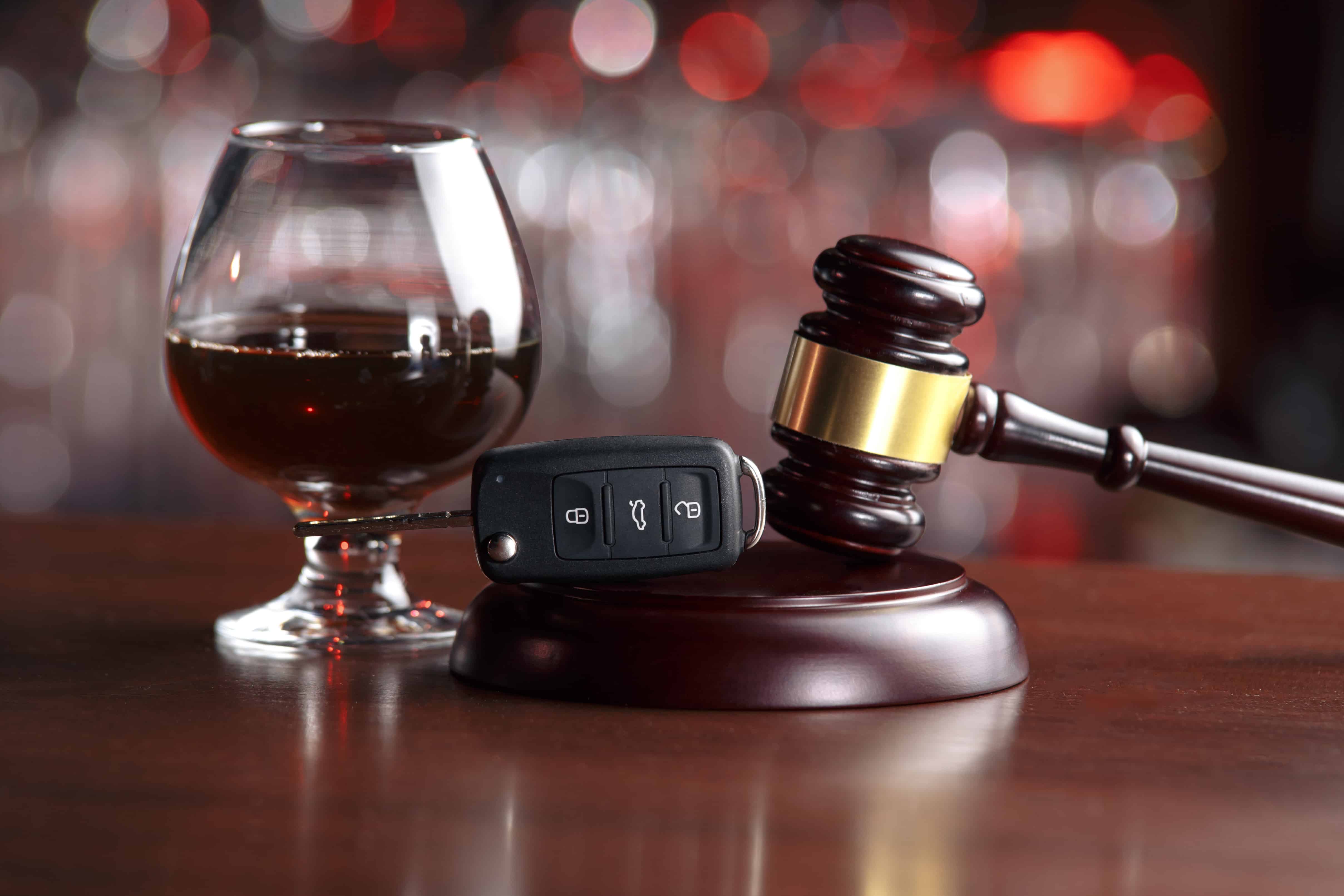Driving under the influence (DUI) and driving while ability impaired (DWAI) are serious offenses that can have significant consequences. In this comprehensive guide, we will delve into the intricacies of DUI and DWAI, shedding light on their definitions, legal implications, and the importance of seeking legal assistance if you find yourself facing these charges.
Introduction
DUI and DWAI are terms commonly heard in legal proceedings, but many people may not fully grasp their meaning and implications. Both offenses involve operating a vehicle while impaired by substances such as alcohol or drugs. Understanding the key differences between DUI and DWAI is crucial for anyone who wants to stay on the right side of the law and ensure their safety on the road.
What is DUI?
Driving under the influence (DUI) refers to the act of operating a motor vehicle while impaired by alcohol, drugs, or a combination of both. The legal blood alcohol concentration (BAC) limit varies across jurisdictions, but it is generally set at 0.08% in most states. However, it is essential to note that impairment can occur even at lower BAC levels, especially for individuals with a lower tolerance to alcohol.
What is DWAI?
Driving while ability impaired (DWAI) is a charge that is typically applied when a person is operating a vehicle with a lower level of impairment compared to DUI but still shows signs of being unfit to drive safely. The threshold for impairment is generally set at a BAC level between 0.05% and 0.08%. It’s important to remember that even if the BAC is below the legal limit, other factors such as drug use or medication can still result in impairment and lead to a DWAI charge.
Legal Implications
Both DUI and DWAI carry significant legal consequences. These may include fines, license suspension, mandatory participation in alcohol or drug education programs, probation, community service, and even jail time. The severity of the penalties depends on various factors, including prior convictions, BAC level, and any associated accidents or injuries.
Seeking Legal Assistance
If you find yourself facing DUI or DWAI charges, it is crucial to seek legal assistance from an experienced attorney. A knowledgeable lawyer can guide you through the legal process, protect your rights, and work towards minimizing the potential consequences. They can help you understand the complexities of your case, navigate the court system, and develop a strong defense strategy to learn more.
Conclusion
DUI and DWAI are serious offenses that can have long-lasting consequences. Understanding the differences between these charges, knowing the legal implications, and seeking proper legal representation are essential steps for anyone facing these situations. By being informed and taking appropriate actions, individuals can protect themselves, their rights, and the safety of others on the road.





